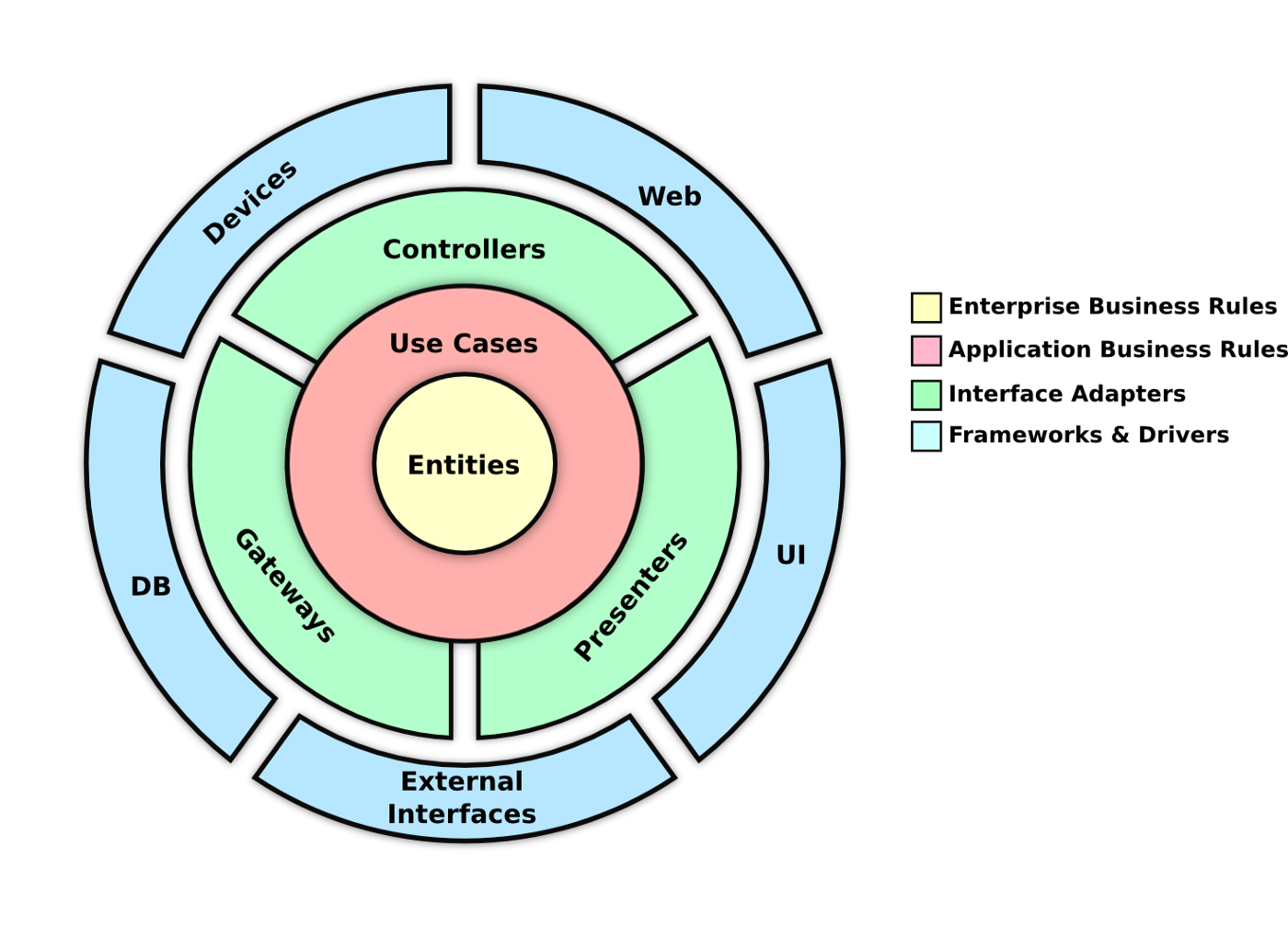Prerequisites
- Java 17 (recommend Eclipse Temurin 17)
- IntelliJ (recommended) or your favorite Java IDE
- Bash environment with installed 'curl' or Postman
Preamble
Your mission would you decide to accept it:
As part of the multi-disciplinary development elite team PIT in Statista you are creating software to alleviate the issues from our Sales team. For this, a new requirement has been raised to implement a RESTful web service that stores booking objects in memory and return information about them.
Note: A booking is a request from any of our beloved customers to acquire one of our products.
Challenge
The module code-challenge already contains the basic structure of a Spring Boot application for you.
The bookings to be stored have the following fields:
- booking_id
- description
- price
- currency
- subscription_start_date
- department
Please define as many departments as you will like, and create a unique method doBusiness() for each department. This
is your time to shine, so the method implementations can be as simple, elegant, or complicated as you want.
Feel free to select the best data type that, in your opinion, would define those fields the best.
You should not use a database or some other sort of persistence but come up with an own data structure to store the transactions.
In any moment where the implementation implies the usage of an external server (i.e. sending e-mail's) feel free to mock creatively these external resources, keeping in mind that all real-world use-cases must be covered.
In general, we are looking for a good implementation, code quality, code resilience, code extensibility, code maintainability and how the implementation is tested. Basically something you wouldn't be too embarrassed to push to production.
API Specification:
POST /bookingservice/bookings
Sample Body:
{"description": "Cool description!", "price": 50.00, "currency": USD, "subscription_start_date": 683124845000, "email": "valid@email.ok", "department": "cool department"}
Creates a new booking and sends an e-mail with the details.
PUT /bookingservice/bookings/{bookingId}
Sample Body:
{"description": "Cool description!", "price": 50.00, "currency": USD, "subscription_start_date": 683124845000, "email": "valid@email.ok", "department": "another_department" }
Insert, replace if already exists a booking.
GET /bookingservice/bookings/{bookingId}
Returns the specified booking as JSON.
GET /bookingservice/bookings/department/{department}
Returns a JSON list of all bookings ids with the given department.
GET /bookingservice/bookings/currencies
Returns a JSON list with all used currencies in the existing bookings.
GET /bookingservice/sum/{currency}
Returns the sum of all bookings prices with the given currency.
GET /bookingservice/bookings/dobusiness/{bookingId}
Returns the result of doBusiness() for the given booking corresponding department.
Input / Output Examples:
=========================================
The service is written in Java and uses the following tools and frameworks:
- Spring Boot 3.2.0 as an underlying framework.
- Official Apache Maven documentation as build tool
- Spring Web
- Validation for Bean validation.
- Spring Boot Actuator to expose operational information.
Cloning the service and running it:
git clone https://github.com/randyhbh/todo-list.git
cd todo-list
./mvnw clean verify spring-boot:runThe OpenAPI documentation for the API is available in openapi.yaml. The OpenAPI is also exposed on the http://localhost:8080/swagger-ui/index.html address when the service is running locally and can be tested from there.
The service strives to follow the clean architecture approach
All API endpoints are located in com.statista.code.challenge.api.http.v1 package. Interfacing with external systems (ex: databases) is limited to com.statista.code.challenge.infra package. API Use-cases implementations are located in com.statista.code.challenge.usecases
The data type used for the price at the moment of creating a booking was changed to an Integer representing the price in
cents, as JSON does not define a type with precision and using number type could result in losing some cents.
Currency is implemented using Java.util.Currency class which represents a currency. Currencies are identified by their ISO 4217 currency codes. Any wrong currency or not capitalized one will result in an exception been thrown.
For the department's functionality, an Enum was used to represent each department. Each department has a specialized implementation of the DepartmentOperation interface that represents each of the Departments.
The endpoint GET /bookingservice/sum/{currency} was implemented in a separate controller class since it represents a different resource.
Ideally, the endpoint namings should be composed like this:
bookingserviceshould be renamed tobooking-servicedobusinessshould be renamed todo-business
